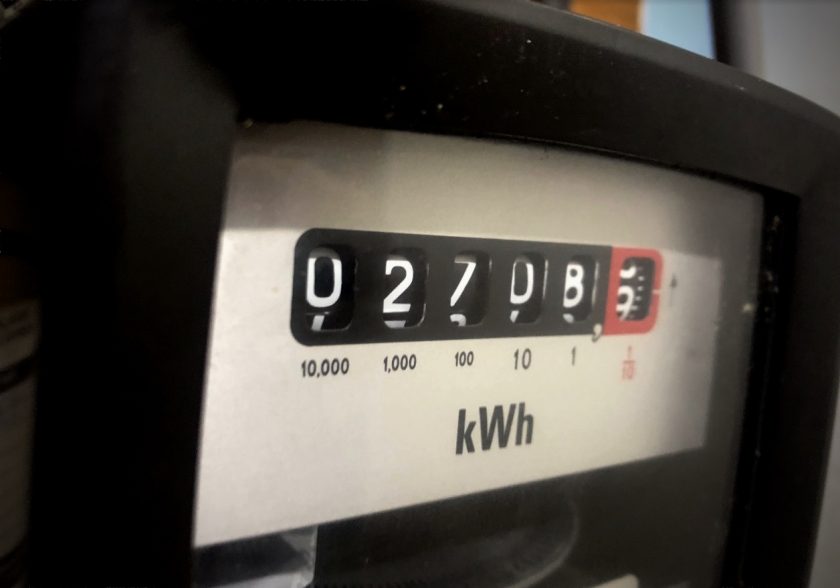10 million homes risk overpaying £186m for energy this week

Nearly ten million households across the UK could overpay a combined £186 million on their energy bills if they miss a crucial deadline to submit their meter readings by 1 October, warns energy comparison site Uswitch.com.
The looming price hike is tied to the latest increase in the energy price cap, which comes into effect on 1 October.
Households on standard variable tariffs (SVTs) who don’t have a smart meter are particularly at risk.
If they fail to submit an updated meter reading, some of their energy usage for September could be estimated under the new, higher October rates, potentially leading to inflated bills.
Households with typical energy consumption are expected to see their costs rise dramatically, with an average bill of £55 in September jumping to £135 in October.
This increase reflects both higher energy rates and the seasonal uptick in usage as colder weather sets in.
The difference between just one week of energy at October rates versus September rates is £18.81 per household, meaning if ten million households fail to submit readings, the cumulative overpayment could hit £186 million.
Ben Gallizzi, an energy expert at Uswitch.com, urged households to act quickly: “With energy prices rising next week, it’s vital that households submit a meter reading. The difference for just a week’s worth of energy at September’s prices compared to October could be as much as £19.”
Failure to submit readings on or around 1 October could result in some of September’s energy usage being billed at October’s higher rates.
Ben advised customers to make meter reading submissions a regular habit to ensure their billing remains accurate and up-to-date.
The challenge, however, is that some households struggle with this task.
A Uswitch survey revealed that 14% of those who hadn’t recently submitted a meter reading were unsure how to read their meter, while 12% said they couldn’t find it.
Beyond submitting readings, Uswitch advises that now is a good time for households to review their energy tariffs.
Although many people are on SVTs linked to the price cap, fixed tariffs may offer more financial stability during the winter months, particularly as further rate increases are predicted in January.
Industry experts from Cornwall Insight suggest that energy costs could rise by another 3% early next year, pushing the average annual bill for a household with typical usage to £1,762.
Ben added, “By switching to a fixed deal, you’re locking in your rates for the next 12 months, offering a buffer against any further price increases.”
Uswitch’s checklist for households includes three key steps: submitting meter readings, tracking energy usage, and considering a tariff switch to secure a more affordable deal.
Energy-Saving Checklist:
- Check your meter readings: Ensure you submit your readings by 1 October to avoid being charged higher rates for energy used in September.
- Track your usage: Download the Uswitch app to monitor your energy consumption and gain insights into potential savings.
- Change your tariff: Now may be the time to switch to a fixed tariff to lock in rates ahead of further price increases expected this winter.










